Amid Climate Politics, Uganda Presses on With Oil Pipeline
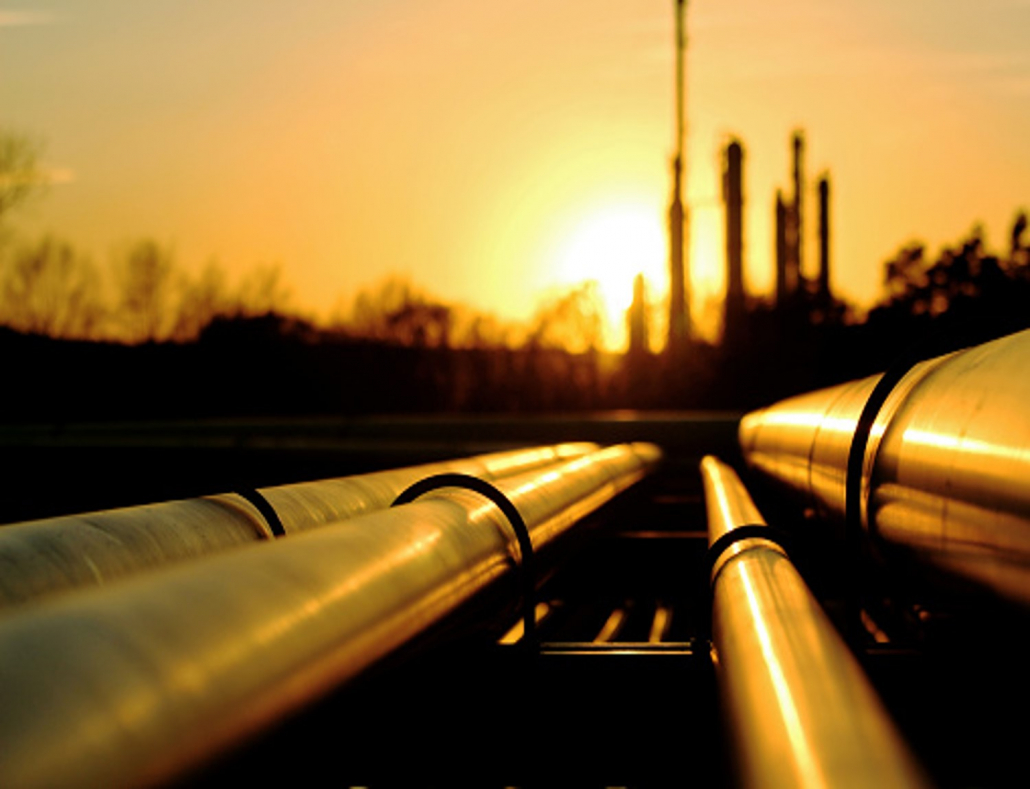
Uganda’s ambitions of joining the oil producer’s club almost entirely rest on a pipeline being built between the oil fields in the Lake Albert region and the Tanzanian port of Tanga on the east African coast.
Officially called the East African Crude Oil Pipeline (EACOP), the facility, the world’s longest heated pipeline – will move 230,000 barrels of oil per day.
However, the project has been the target of climate activists who say it is an environmental disaster waiting to happen.
Their campaign has seen nearly a dozen major lenders and insurers pull out or decline to commit funds to the pipeline, estimated to cost around $5 billion.
The reluctance by banks has set off discomfort and frustration in Kampala, with President Yoweri Museveni calling the West “shallow and egocentric” in a tirade against a European parliament resolution criticizing the pipeline on September 17.
Despite the project’s slow pace, Kampala insists it is on course to pump first oil by 2025.
Last month, the Islamic Development Bank announced that it would commit $100 million to fund the pipeline’s construction.
France’s Total Energies is the pipeline’s biggest shareholder with 62% stake. Uganda and Tanzania both hold 15% each. Chinese oil major CNOOC has an 8% stake.
Museveni has threatened to press ahead without Total if the French oil major obeyed the EU’s reservations on the project.
Uganda also seeks to commercialize its oil by building a 60,000-barrel per day refinery at Kabaale, estimated to cost $4 billion.
The east African country’s oil reserves are estimated at 6.4 billion barrels but only 1.4 billion are recoverable.
Published on: Africa News
Publication date: 06 October, 2022

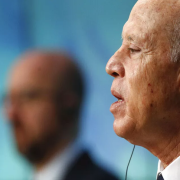 Africa News
Africa News Business Insider Africa
Business Insider Africa
 AfCFTA
AfCFTA African Business
African Business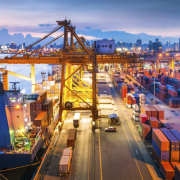
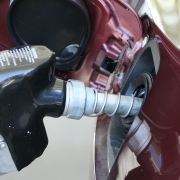
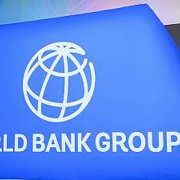 Africa news
Africa news Africa news
Africa news Business Daily
Business Daily